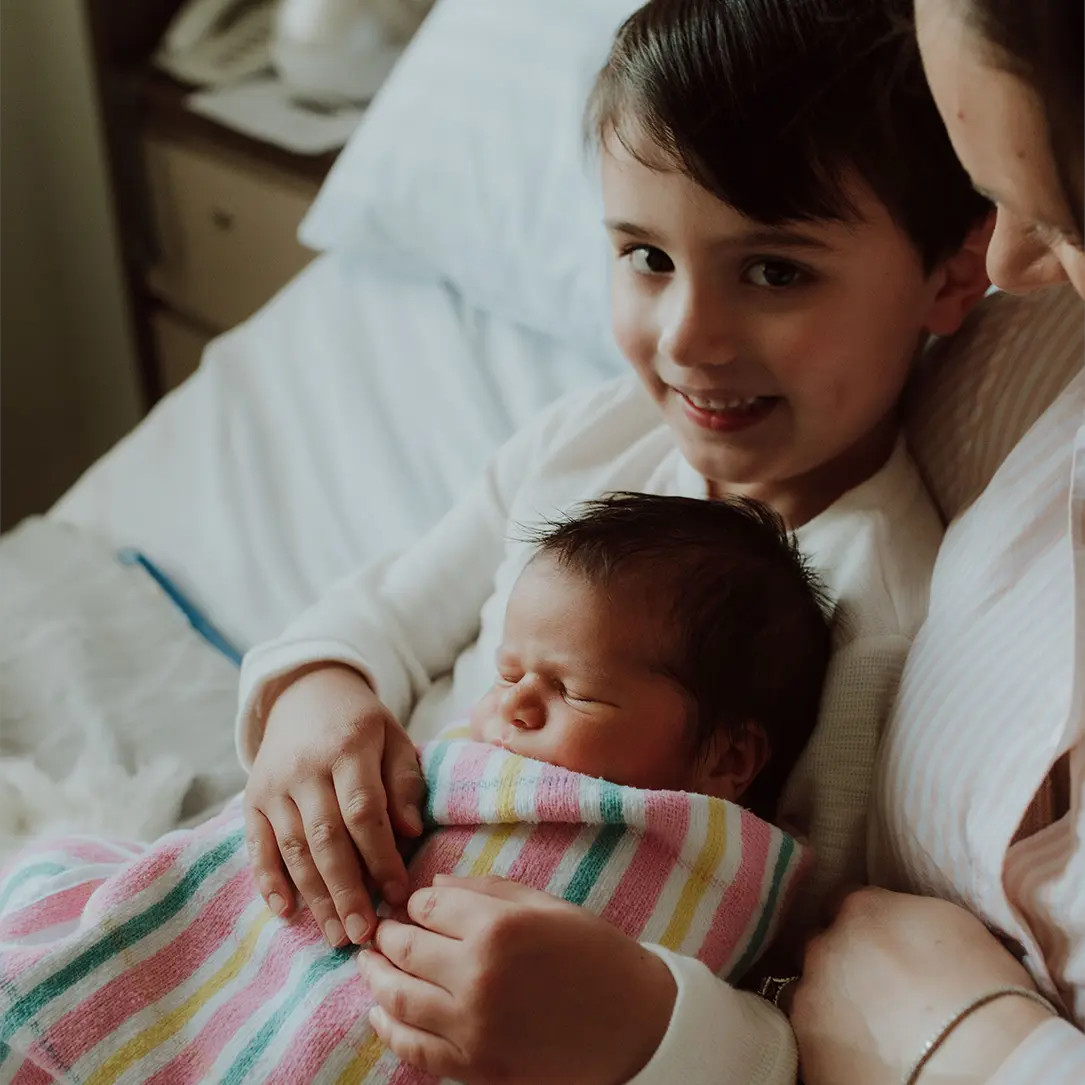Autologous umbilical cord blood derived cell administration following antenatally diagnosed fetal stroke (STELLAR trial)
We are dedicated to supporting clinical trials in the use of umbilical cord blood in regenerative medicine applications. Prof Malhotra's STELLAR trial will review the feasibility and safety of administering autologous cord blood derived cells to newborn babies with antenatally diagnosed stroke (brain damage due to bleeding or lack of blood supply to a part of the brain).
Vital parameters, examinations and any adverse events in the first 48 hours after cell administration will be investigated to assess safety. As a secondary outcome looking at future larger trials, composite neurological and neurodevelopmental outcomes will be evaluated for 2 years.
To request your cord blood and tissue information pack - click here.
Cell Care will be responsible for collection and release of umbilical cord blood cells for autologous administration to babies recruited to the trial.
For more information about the study contact the study coordinator:
Email:
info@cellcare.com.au or
atul.malhotra@monash.edu
Phone: (03) 8572 3650
Cord blood therapy in premature babies: safety and feasibility (Cord SaFe) study
We are dedicated to supporting preclinical studies and clinical trials in the use of umbilical cord blood in regenerative medicine applications. Dr Malhotra's Cord SaFe study will review the feasibility and safety of administering autologous cord blood of extreme premature infants (<28 weeks gestation).
Vital parameters, examinations and any adverse events in the first 48 hours after cell administration will be investigated to assess safety. As a secondary outcome looking at future larger trials, composite neurological and neurodevelopmental outcomes will be evaluated.
To request your cord blood and tissue information pack - click here.
Cell Care will be responsible for release of umbilical cord blood cells for autologous administration to the extremely preterm babies recruited to the trial. Read more>>
For more information about the study contact the study coordinator:
Email:
info@cellcare.com.au or
atul.malhotra@monash.edu
Phone: (03) 8572 3650
Study of Sibling Cord Blood Cell Infusion to children with Cerebral Palsy
Australia’s first clinical trial of stem cell infusion from cord blood as a possible treatment for cerebral palsy (CP) is currently recruiting in Melbourne. The study, led by the Murdoch Childrens Research Institute (MCRI) and taking place at the Royal Children's Hospital in Melbourne, is the first step in a promising process that aims to find out whether sibling cord blood infusion is both safe and efficacious for children with the condition.
To request your cord blood and tissue information pack - click here.
The study, funded by the Cerebral Palsy Alliance Research Foundation and Cell Care, is currently recruiting children with CP and aged 1 to 16 years who have the cord blood of a sibling stored in one of Australia's private family cord blood banks.
The study has been approved by the The Royal Children’s Hospital Melbourne Human Research Ethics Committee and is listed on the Australian and New Zealand Clinical Trial Register.
Cell Care recently established a free cord blood collection storage
program for families who have children with CP. If you have a child
with CP and are currently pregnant, please contact Cell Care via:
Email: info@cellcare.com.au
Phone: 1800 071 075.
Cord Reinfusion in Diabetes (CORD) Pilot Study
Cell Care has partnered with The Children’s Hospital at Westmead, New South Wales, in a world–first study investigating the potential of cord blood to prevent or delay the onset of type 1 diabetes (T1D) in children at high risk of developing the disease.
The CORD study is currently recruiting children between 1 and 14 years of age who are at high risk of developing T1D. Investigators are now looking to expand the recruitment to population screening - regardless of family history of type 1 diabetes. The study is available to families who have stored cord blood or who are currently expecting a baby and planning cord blood storage.
To request your cord blood and tissue information pack - click here.
The CORD study has been approved by the Sydney Children's Hospitals Network Human Research Ethics Committee and is listed on the Australian and New Zealand Clinical Trial Register.
Brain injury and cerebral palsy
Cell Care supports research at the Monash Institute of Medical Research - Ritchie Centre, where scientists are investigating the underlying causes of newborn brain injury – which predominantly occurs either during pregnancy or at the time of birth. Their aim is to develop safe and effective therapies to prevent or repair brain injury, thereby reducing the incidence of cerebral palsy.
Read more about the Cell Care Senior Research Fellowship at The Ritchie Centre.

